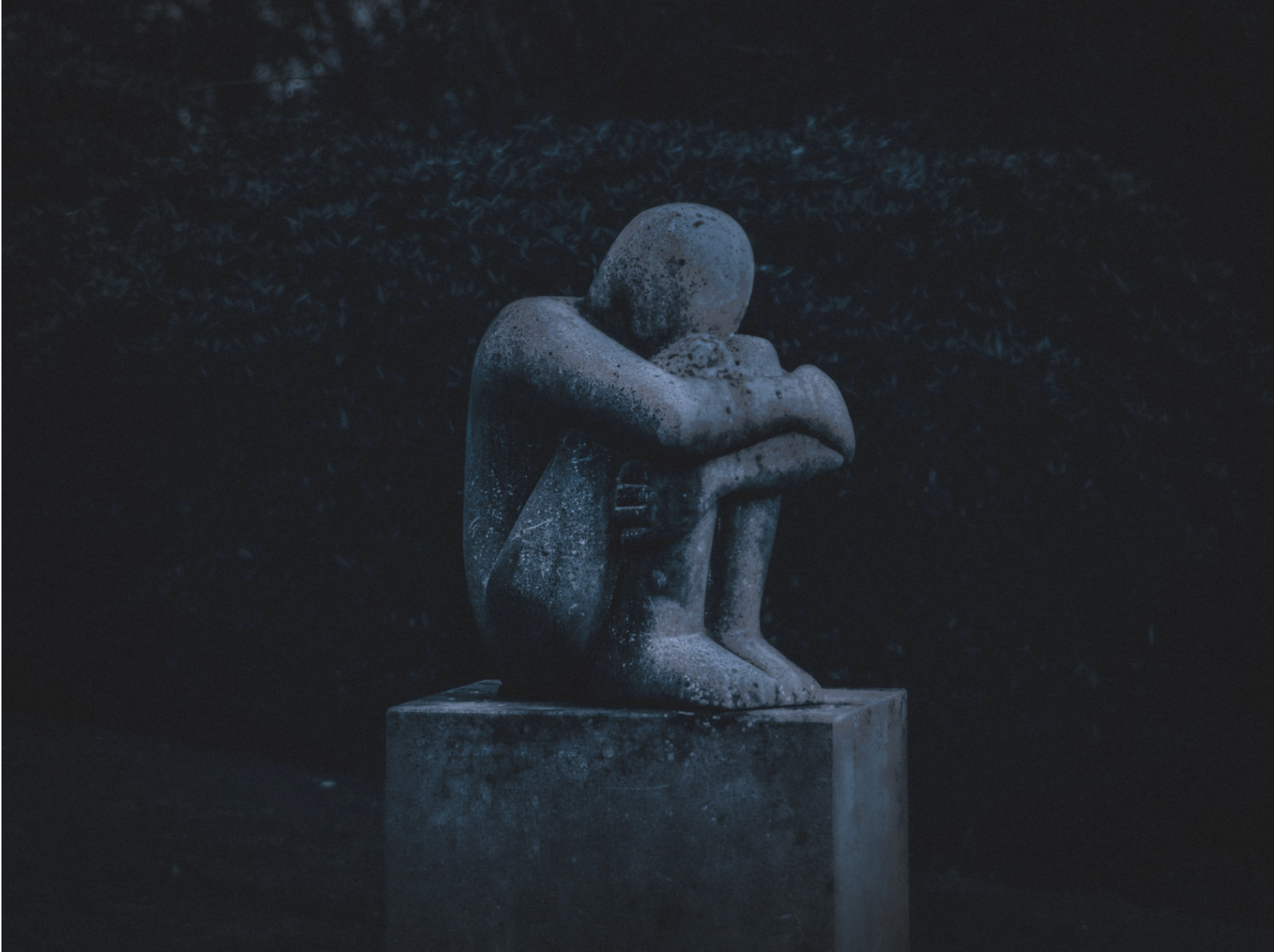While most of us have an understanding of how difficult it can be to experience depression, we don’t often talk about what it is like to have a partner with depression. Depression doesn’t just impact the person experiencing it, it impacts their partner as well. Whether it is a person whose partner has new depression symptoms or long-term symptoms, here are some tips that can help manage the effects on your relationship.
Depression symptoms can manifest in different ways depending on gender, culture, or sexuality. Instead of making assumptions based on stereotypes of depression, it can be helpful to ask open ended questions like, “What is your experience of depression like?” or “What do you want me to know about the role of depression in your life?” While many people have symptoms such as lack of motivation, sadness, crying, or loss of interest–depression symptoms can also manifest as physical symptoms like nausea, migraines, or back pain. Studies show that depression can look different particularly in men, and may manifest as anger issues, irritability, and stonewalling, which is shutting down and refusing to speak. For further information, renowned family therapist Terry Real wrote the book, “I Don’t Want to Talk About It: Overcoming the Secret Legacy of Male Depression” about what he calls “covert depression” in men.
It’s important not to shame somebody for their experience, or say things like, “Can’t you get over it? Why are you such a baby?” If it were that easy to become happy and motivated, they would have done it already! Depression changes how one views themselves, others, and the world around them. They are not in their normal, functioning state right now. It can be tough for someone to be vulnerable about their experience of depression, especially for men and those from cultures with rigid ideas about mental health. Try to be open, engaged, and nonjudgmental while they are sharing with you.
To explain your depression to a partner, let them know how it affects you on a typical day, as well as what good days and bad days look like with your symptoms. You can also share how it has changed your view of yourself and the world around you. It is important to note that they are not responsible for “fixing you” or bringing you happiness. Your partner should also not be acting as your entire support system. Daily self-care, such as work breaks, exercise, good sleep hygiene, and routines can be helpful. Also consider connecting with family, friends, or a therapist to work on improving symptoms.
Dating someone with depression can be hard, and those feelings do not have to be kept inside to “protect” your partner. You may feel like your partner’s happiness is your responsibility, or take it personally when they are displaying symptoms. If you are having trouble being an equal partner to them, as opposed to taking the role of a therapist or parent for them, engaging in couples therapy can help. It is important to find a balance between being supportive and flexible, while holding space for your own needs and boundaries. Expressing your thoughts and feelings in an “I statement”, such as, “I need you to…”, as opposed to, “You’re not doing…” can pull the depressed person out of their self-focused spiral and remind them of their abilities and role in the lives of others.







